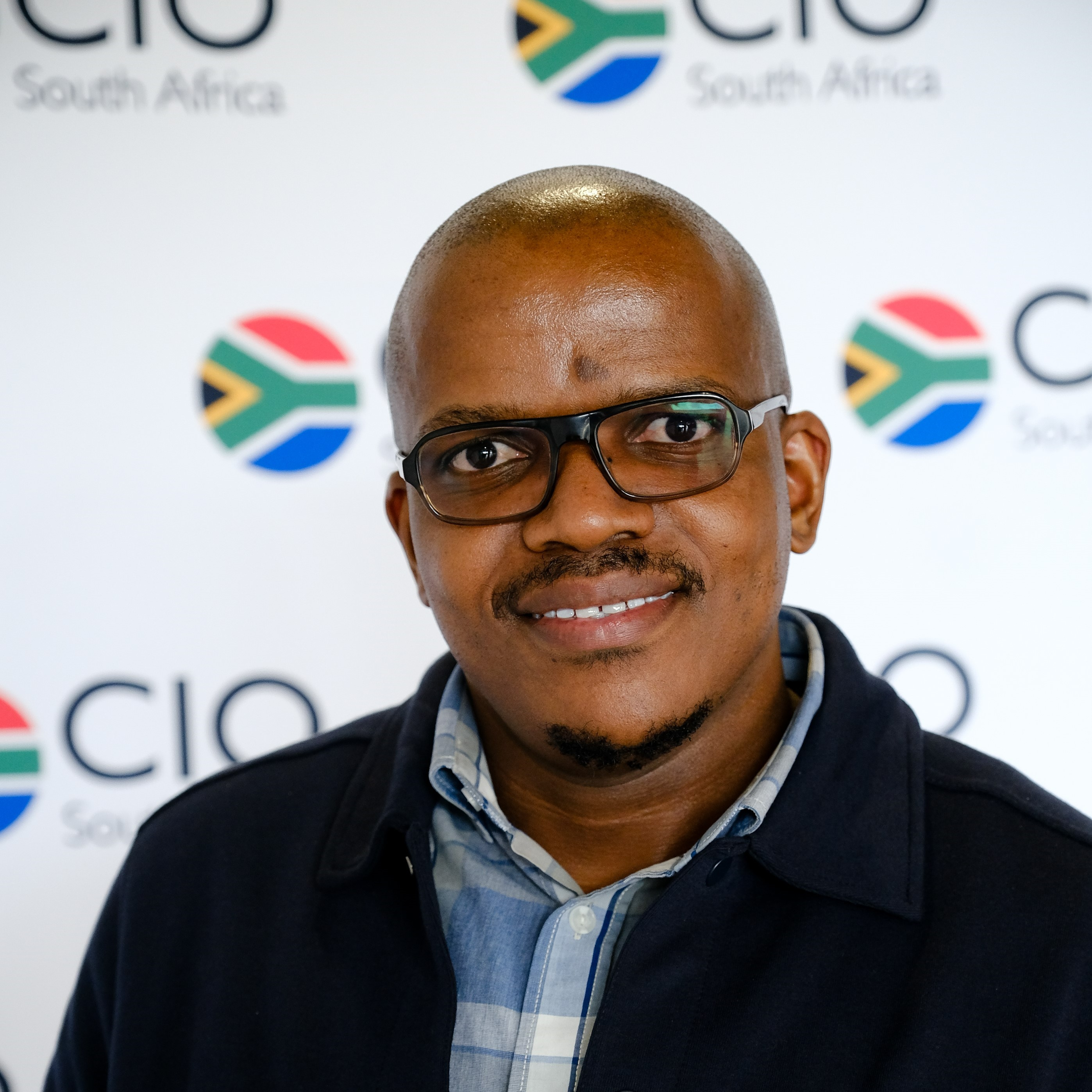Pieter de Villiers tells CIO Skills Summit attendees that addressing the skills crunch will take a village or even better, a collective.
As a board member of The Collective X, Pieter de Villiers believes that movements such as these will go a long way in developing crucial digital skills and the next generation of tech leaders.
The founding CEO of Clickatell delivered an insightful keynote address at a CIO South Africa Skills Summit on 13 March in Cape Town.

“Over the last 10 years, the CIOs have become the real MVPs in the organisation,” Pieter noted. “We talk about losing critical skills in the organisation, but what keeps us awake as CEOs is losing our CIOs. CIOs are what I consider to be the custodians of South Africa’s single biggest opportunity, digital skills.”
“Who in attendance can tell me what the average tenure of a CIO is?” Pieter asked. “It’s actually 4.6 years now, and because of last year’s challenging environment, you’ve also become recruiters, security officers, negotiators for budgets (to the detail), which shows how your world as CIOs has become. As such, we (CEOs) rely on you quite a lot,” he responded.
Pieter reflected on a conversation he had with his chairperson, Michael Jordaan, several years ago, about their reality at the time of hiring more software engineers from abroad in Toronto than in South Africa. He explained to Michael that the reality was that they couldn’t find the quality of software engineers in South Africa compared to what could be found out in Toronto. This shocking revelation pushed Michael to send Pieter on a special assignment to figure out why this was the case.

“We spent 22 months interviewing CIOs and software engineers to understand how on earth we got to a place where we didn't have the right skills in South Africa, despite all of our efforts: training young people through skills development programmes. We check the box on interns, but don’t check the box on sustainability and talent retention,” he said.
Fourteen months later, Pieter had yet another interesting conversation, this time with one of the country’s ministers. The conversation started off around agriculture and skills and segued into a conversation about skills and technology, and what digital skills would mean for the country.
“As I sit here tonight, I can tell you that digital skills are a R400 billion GDP opportunity for the country,” Pieter noted. “But those skills can’t be unlocked by osmosis: you and your colleagues in the different provinces have to come together and align on the framework on how we’re going to transform our youth who arguably, and I think we can all agree, have the potential but not the opportunity.”

Pieter used India as a great example of a concerted effort and programme of getting a nation mobilised into future skills that pay four times or more as a minimum wage.
“We cannot expect everyone here tonight to figure out what the next tsunami (crisis) on the way is. Think about AI, digital transformation, skills and getting your people the tools they need to fight the battles on the digital landscape – it’s simply all too overwhelming. We need to come together as a community, as a collective, which is a movement we call the Collective X,” he added.
Pieter highlighted that Collective X is not owned by anyone, but is SA Inc’s collective property, the collective is open to collaboration and has made it possible for people to share their ideas and suggestions on best practices.

“Collective X is built on several artefacts and of those artefacts, offers a guide for if you run any programme in any school, and want to understand what that school needs (i.e., IT infrastructure or a programme supervisor). There’s a blueprint that’s free that can help you figure out how you could add value in school programmes,” Pieter explained.
“We also have a competency framework built on the inputs of CIOs to understand what the most sought-after skills they’re looking for are, whether it be AWS engineers or digital skills marketers, who are then taken from a level zero competency level to a level three; from directed work to self-directed work at different levels.

“There’s a work integrated learning programme blueprint on how you take someone from learning, earning and doing inside the organisation to get on-the-job training without you doing all the work yourself as the CIO,” he added.
Pieter’s parting shot aimed at encouraging the community of IT leaders to remain close and to get involved in whatever programme they believed could make a significant impact.





